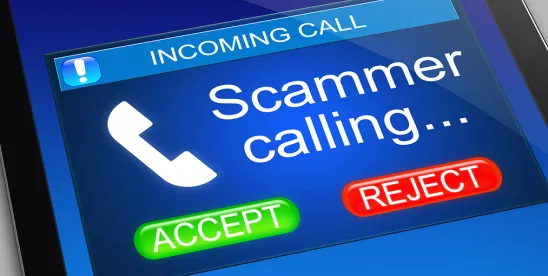Happy Monday TCPAWorld–quick one for you this am.
The Plaintiff in Stewart v. Healthcare Revenue Recovery Group, Case No. 3:20-cv-00679, 2022 U.S. Dist. LEXIS 11288 (M.D. Tenn. January 21, 2022) moved for summary judgment against a debt collector in a TCPA suit recently arguing that she did not consent to the prerecorded calls that were deployed in an effort to get her to pay up.
Apparently the Defendant made 62 prerecorded calls, none of which–allegedly–had consent.
In response the Defendant argued–“irrelevantly” in the Court’s view–that it had not used an automated telephone dialing system to make the calls. But since prerecorded calls are separately actionable, it doesn’t matter whether an ATDS was used. Here’s the analysis:
The entirety of the defendant’s response to this argument is devoted, irrelevantly, to the argument that it did not use an automatic telephone dialing system, as that term is defined by the TCPA, in placing calls to the plaintiff’s cellular telephone number. The statute, however, prohibits calls made “using any automatic telephone dialing system or an artificial or prerecorded voice,” 47 U.S.C. § 227(b)(1)(A)(iii), and the plaintiff’s claim is predicated on the latter. There is no dispute that the defendant placed calls to the plaintiff’s cellular telephone number and left messages using an artificial or prerecorded voice.
Not a good look.
Nonetheless, the Defendant still managed to eek out a win on the Plaintiff’s summary judgment motion–i.e. it did not lose the case outright–because the Court found that the Plaintiff may have consented to the calls at issue.
In the collection context, of course, a caller does not need to have “express written consent” to contact the consumer–even using prerecorded voice messages. For such informational calls regular “express consent” suffices–and such consent is presumed whenever a consumer supplies a number directly to the caller.
Since there was an issue of fact over where the number came from–i.e. did the Plaintiff provide it directly to the creditor or the collector?–the court allowed Defendant to limp forward to trial rather than granting judgment in the plaintiff’s favor.
The Defendant in Stewart got mighty lucky. You could imagine a federal judge coming down hard on a Defendant that misread the law and made “irrelevant” arguments to support its position–especially with summary judgment on the line.
Its worth reminding everyone–as this case does quite well–that ATDS calls and prerecorded calls are separately actionable under the TCPA. This is a point I drive home over and over again in my various speaking engagements.
Facebook is great–sort of–for folks using the voice and text channels, but it has ZERO impact on the rules around prerecorded and artificial voice messages. Such calls remain extremely dangerous when made to cellular phones–you always have to have express written consent to make such calls for marketing purposes. And even for non-marketing purposes you need regular express consent for calls to cell phones. (Landlines you get 3 free messages a month in most contexts.)




 />i
/>i

